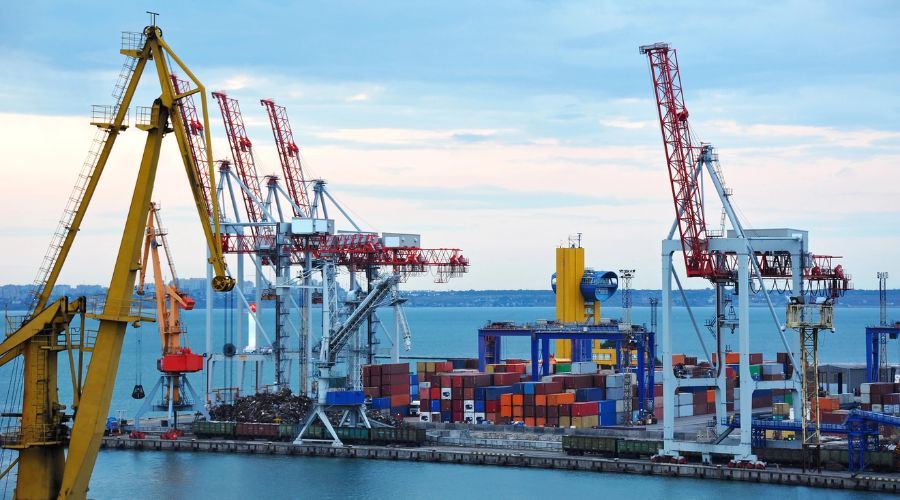Concerns raised after 600kg of illegal meat was seized in Northern Ireland
19th February 2025
British meat industry leaders said that the recent seizure of about 600kg of illegal meat in Northern Ireland, following a ban on German animal origin produce due to the foot-and-mouth disease, should be a “wake-up call” for the government.

Last month, port authorities at Larne in Northern Ireland have seized roughly 600kg of illegal meat that was smuggled into port on the Stranraer ferry.
The discovery has sparked fresh concern over the porous nature of the UK’s border controls, particularly at the country’s busiest port, Dover.
The worrying find was discussed at a roundtable meeting of Department of Agriculture, Environment and Rural Affairs (Daera) officials and industry stakeholders in January, the National Pig Association has confirmed.
A Daera spokesperson confirmed that staff in Larne Port seized 601kg of product of animal origin that arrived from Great Britain on 16th January 2025.
They added: “The product was not permitted entry to Northern Ireland as it was judged to be non-compliant with sanitary and phytosanitary requirements.”
READ MORE: Foot-and-mouth disease outbreak: UK bans livestock imports from Germany
READ MORE: Foot-and-mouth disease outbreak confirmed in Germany
Calls to make traceability system mandatory
A spokesperson for the British Meat Processors Association (BMPA) said that the recent foot-and-mouth disease case in Germany has highlighted weaknesses in the UK’s biosecurity at borders.
They added: “However, we must make the distinction between legal commercial shipments of meat which the Border Target Operating Model is there to manage and which are all pre-notified with full export health certification, and the illegal meat being brought into the UK in smaller vehicles that can only be detected via a system of intelligence and spot checks at the ports.
“The reason FMD spread so widely and quickly in 2001 was that animal movements continued for several days after the first case was reported, but there was no real-time digital system to track where they went. If you look at a visual ‘map’ of where all those animals went, it resembles a starburst fanning out from each livestock auction.”
BMPA explained that the UK now has a system and the tools needed to be able to quickly shut down animal movements within the UK if FMD reaches the shores.
“It’s called the Livestock Information Service. However, its use isn’t mandatory and, furthermore, movements only get notified after an animal movement has taken place. In other countries, movement licenses must be applied for before animals are moved from one farm to another or through the livestock auctions, which makes it much easier for the authorities to control the spread of disease.
“We need government to make the use of this existing traceability system mandatory for cattle and sheep and for licenses to be applied for in advance. Without that the UK has no ability to lock down animal movements the minute a notifiable disease is discovered,” the association concluded.
Read more livestock news.


